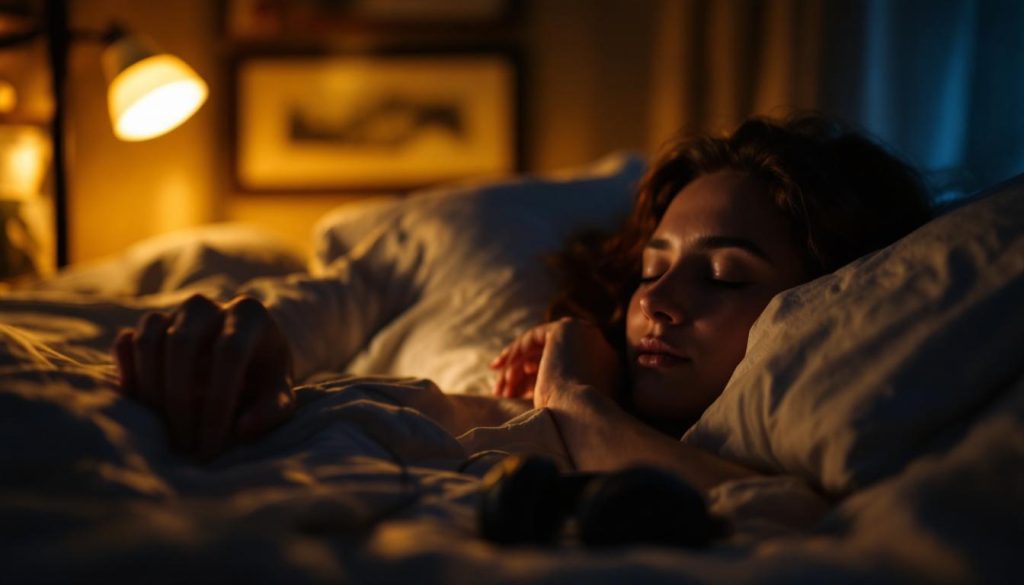The prevalent habit of falling asleep to loud “white noise” may contribute to hearing loss, which is a significant risk factor for dementia in later life, according to insights from American neurologist Baibin Chen. White noise, characterised by a uniform background sound composed of various frequencies at equal volume, can be either natural, such as rain or ocean waves, or artificial, like the hum from appliances. Many individuals turn to artificial white noise recordings to aid sleep, particularly to counteract anxiety or tinnitus, by masking disruptive environmental noise.
However, Dr Chen cautions that exposure to excessively loud white noise over time can damage hearing. He advises keeping volume levels below 50 decibels to mitigate this risk. This caution is supported by research conducted in 2024 by an international team that reviewed 20 scientific studies, concluding both sound volume and duration of use must be carefully controlled. The significance of hearing loss as a dementia precursor is underscored by a US study linking nearly a third of dementia cases in older adults to hearing impairments. Such findings echo broader scientific consensus that hearing loss not only correlates with cognitive decline but also with brain structural changes, including atrophy and tau protein pathology, which are hallmarks of neurodegenerative diseases.
Compelling evidence suggests that hearing loss independently increases dementia risk. A cohort study revealed that individuals with untreated hearing loss were more prone to developing dementia compared to those using hearing aids, pointing to the potential benefit of hearing interventions in delaying or preventing dementia onset. The increased recognition of hearing loss as a modifiable risk factor for dementia could therefore shape future prevention strategies, emphasizing early detection and management of auditory health in aging populations.
In addition to auditory factors, Dr Chen highlights the importance of a dark sleep environment. Even low-intensity artificial or blue light can suppress melatonin production, elevate blood sugar levels, and hinder the brain’s restorative sleep processes. Achieving good sleep hygiene, therefore, involves eliminating both excessive noise and light exposure to optimise brain health.
While white noise therapy has documented benefits in occupational health—such as alleviating anxiety, stress, depression, and even aiding newborns with feeding behaviours—it remains crucial to balance these benefits against potential risks. Chronic noise exposure has been linked to greater dementia risk, pointing to noise itself as a specific environmental factor warranting further research for preventive interventions.
Ongoing studies continue to explore the complex interplay between hearing loss and dementia. Some reviews question whether age-related hearing decline directly causes Alzheimer’s disease or shares underlying risk factors. Nonetheless, the evidence to date strongly advocates for heightened awareness and protective measures regarding hearing health, particularly in the context of habits like using white noise devices during sleep.
📌 Reference Map:
- Paragraph 1 – [1], [3]
- Paragraph 2 – [1], [2], [3], [6]
- Paragraph 3 – [4], [5]00518-7/fulltext), [6]
- Paragraph 4 – [1]
- Paragraph 5 – [2], [3]
- Paragraph 6 – [7], [4], [5]00518-7/fulltext)
Source: Noah Wire Services

